After receiving the facial slimming injection, medication can generally be taken, but the specific time interval depends on the type of medication and the reaction after injection. The main ingredient of the face slimming needle is botulinum toxin. It is usually recommended to avoid taking drugs that may affect drug metabolism or increase the risk of bleeding within 24 hours after injection, such as nonsteroidal anti-inflammatory drugs such as aspirin and ibuprofen. If conventional medications such as antibiotics and vitamins need to be taken, they can be used normally under the guidance of a doctor.

Facial slimming needle achieves the effect of facial slimming by blocking the signal transmission between nerves and muscles. After injection, there may be slight swelling or bruising in the local area. Taking anticoagulant drugs at this time may worsen subcutaneous bleeding and prolong recovery time. Some antibiotics such as aminoglycosides may enhance the effect of botulinum toxin, leading to adverse reactions such as stiff facial expressions. After injection, it is advisable to avoid immediately taking traditional Chinese medicine drugs that promote blood circulation and remove blood stasis, such as Danshen and Sanqi.

In special circumstances where prescription medication is required, it is recommended to consult the attending physician. Immunosuppressants, muscle relaxants, and other medications may interact with facial slimming needles, and medication timing should be strictly adjusted according to medical advice. Some patients may experience headaches after injection, and acetaminophen can be used as a substitute for aspirin painkillers. Chronic disease patients should fully communicate their medication plan with their doctors before injection to avoid affecting the control of underlying diseases. After the injection of the facial slimming needle, it is necessary to keep the injection site clean and dry, and avoid massage or hot compress. Spicy and stimulating foods and alcohol should be avoided in diet, and facial muscle activity should be reduced. Avoid vigorous exercise and high temperature environment within one week after surgery to prevent drug diffusion from affecting the effectiveness. If symptoms such as persistent swelling, fever, or difficulty chewing occur, seek medical attention promptly. Regular follow-up visits can help doctors evaluate drug metabolism and adjust subsequent nursing plans.


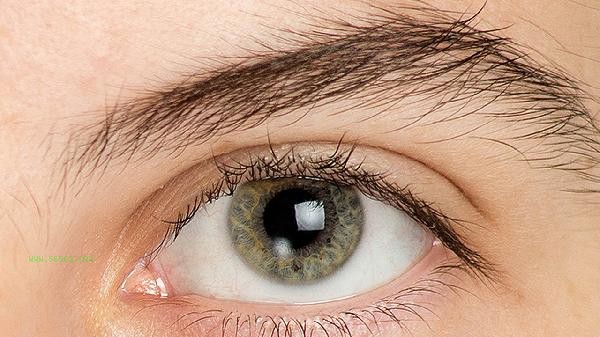
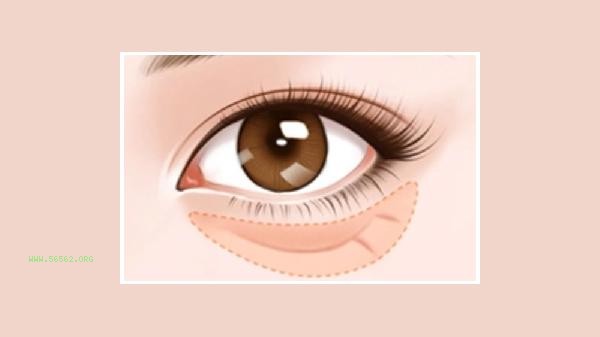
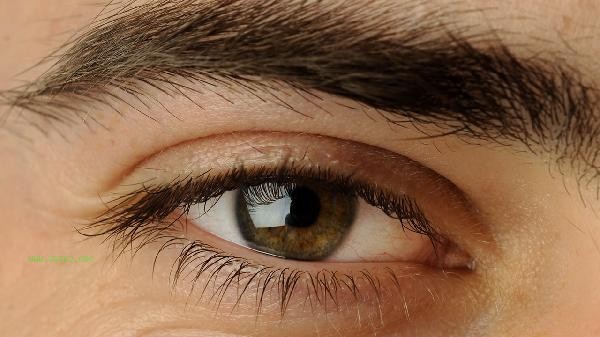
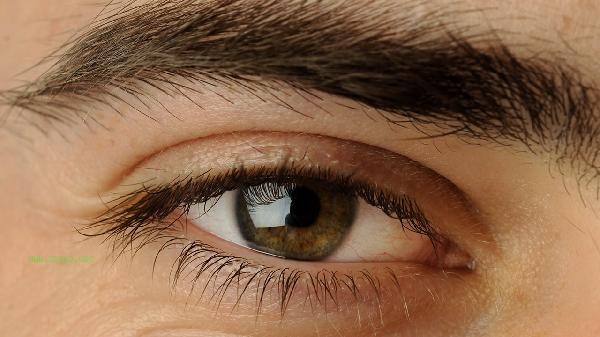
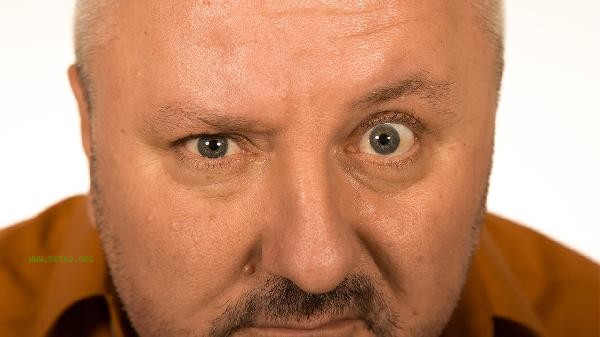



Comments (0)
Leave a Comment
No comments yet
Be the first to share your thoughts!